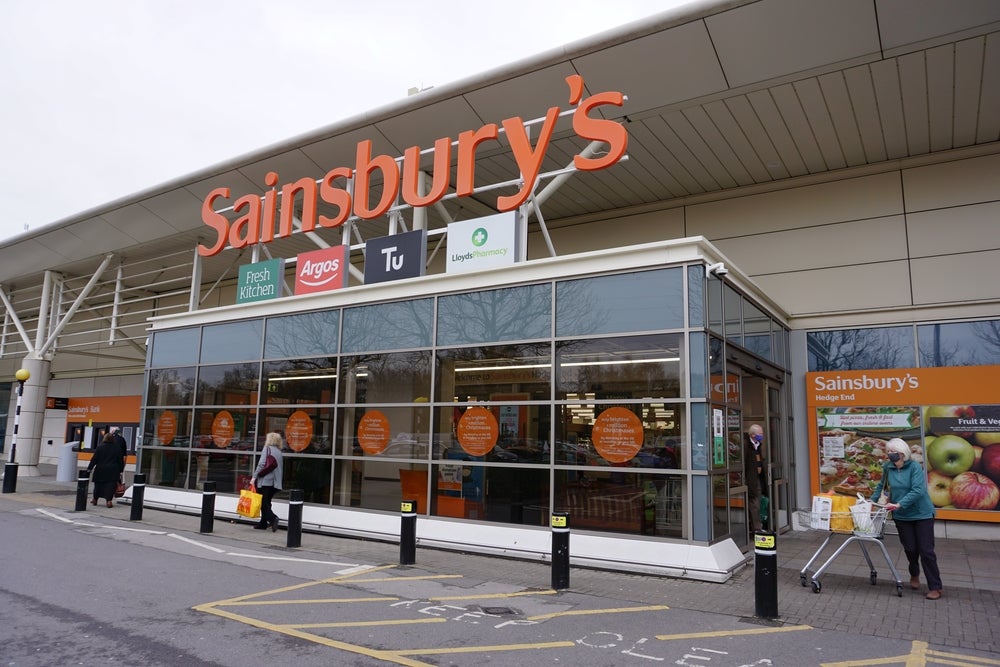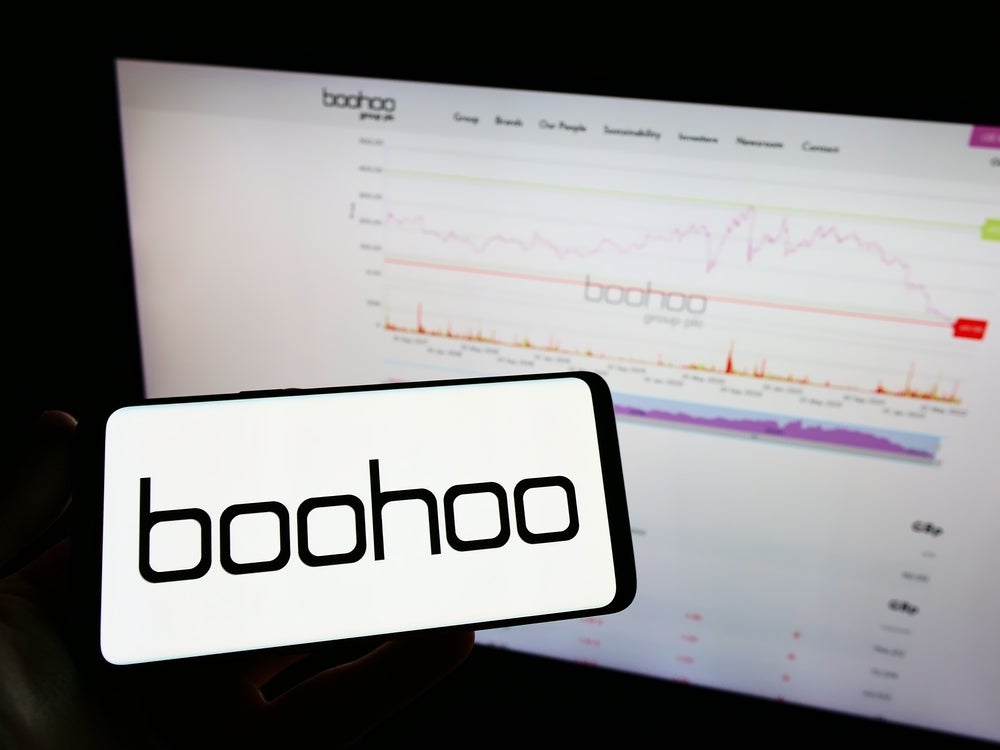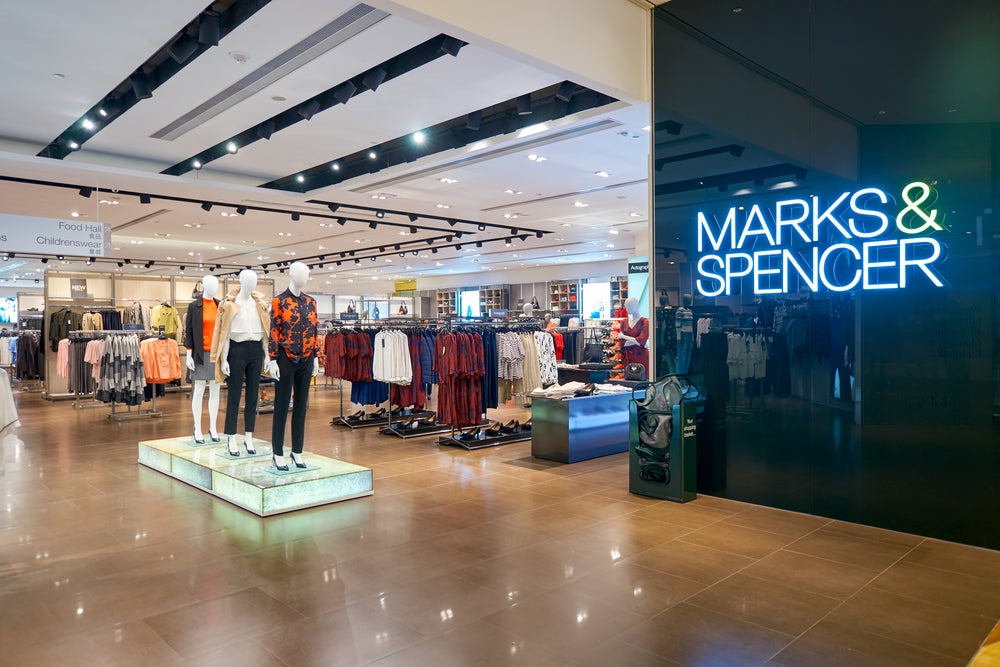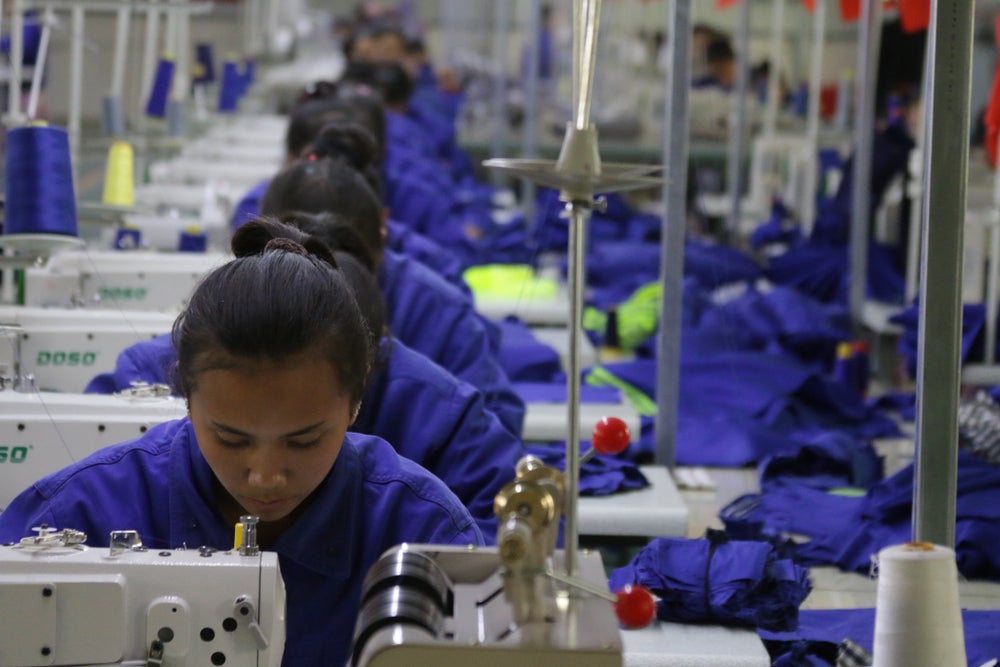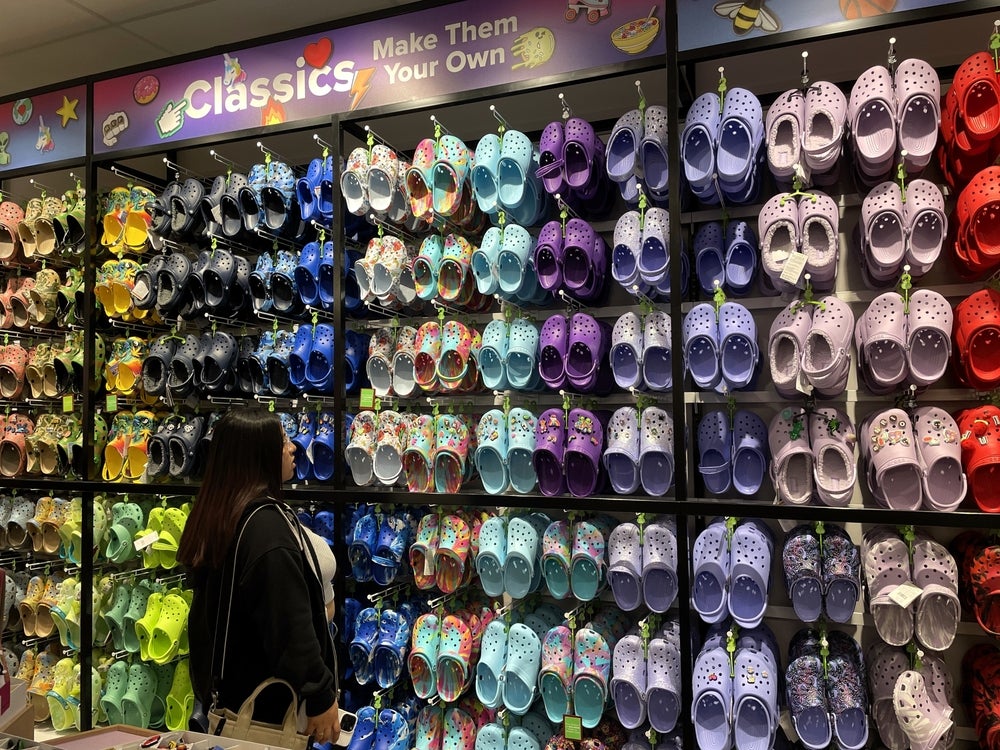In a trading update (10 January), Sainsbury's said clothing sales declined 1.7% for the 16 weeks ended 6 January 2024 (Q3) and Christmas clothing sales were down 6.0%.
Sainsbury's said its Tu clothing range regained some momentum in Q3 in a market that it described as remaining "highly promotional" and added the results partially reflected the "unseasonably warm weather", particularly over Christmas.
However, Sainsbury's added that its partywear and family Christmas pyjamas were popular with customers.

Group retail sales in Q3 (excluding fuel) were up 6.5% and like-for-like sales growth was up 7.4%. General merchandise sales were down 0.6%, and up 1.5% if the impact of Argos closure in the Republic of Ireland is excluded.
Grocery sales were up 9.3% and Christmas grocery sales were up 8.6% with stronger volume growth offsetting lower inflation.
J Sainsbury plc chief executive Simon Roberts said: "We’ve worked hard to really deliver for our customers this quarter and have grown grocery volumes ahead of the market for the fourth Christmas in a row. More customers are choosing to shop at Sainsbury’s, recognising our determined focus on value, product innovation and service.
“Our success is down to our entire team who consistently deliver market leading customer service. I’d like to thank every one of my colleagues and am pleased we will be kicking off the new financial year with an industry leading pay increase, investing a record £200 million to continue to pay the Real Living Wage across the country."
Looking ahead to 2024, he said there is strong momentum and next month the retailer will share its updated strategy, building on what it has done to put food back at the heart of Sainsbury’s over the last three years.
He added: "There is a lot to be excited about and we remain absolutely committed to deliver for our customers, colleagues and shareholders.”
Retail Analyst at GlobalData retail analyst Joe Dawson highlighted the company's Food First strategy has been instrumental to its resilient performance in Q3, with good results over the Christmas period driven by the strength of its food offer.
He explained: "Total retail sales excluding fuel grew 6.5% in Q3 FY 2023/24, boosted by a 9.3% increase in grocery sales that made up for 0.6% and 1.7% declines in general merchandise and clothing categories, respectively."
Dawson also pointed out underlying profit before tax for FY2023/24 is expected to be between £670m (£852.76m) and £700m, which is at best a 1.5% increase on last year’s £690m, showing resilience and adaptability amid uncertain consumer spending.
He continued: “While general merchandise (GM) sales were down against tough comparatives last year, excluding the impact of Argos store closures in the Republic of Ireland, sales growth was a more reasonable +1.5% in Q3, as consumer spending recovered slightly compared to last year. In comparison, GM sales declined 1.3% over the Christmas period. This points to a stronger Black Friday performance that balances out a disappointing Christmas, as consumers sought to purchase gifts earlier in 2023 to spread the cost."
Dawson believes these results represent a positive start to H2 FY2023/24 and are a good indication of where Sainsbury’s intentions lie in 2024.
He concluded: "Food will continue to be at the forefront as inflation stabilises, and keeping prices competitive will be essential to making market share gains. The announcement of a bigger-than-ever Aldi Price Match campaign in January shows that Sainsbury’s is raring to go in the new year and it must maintain this momentum if it is to finish FY2023/24 on a positive note.”


